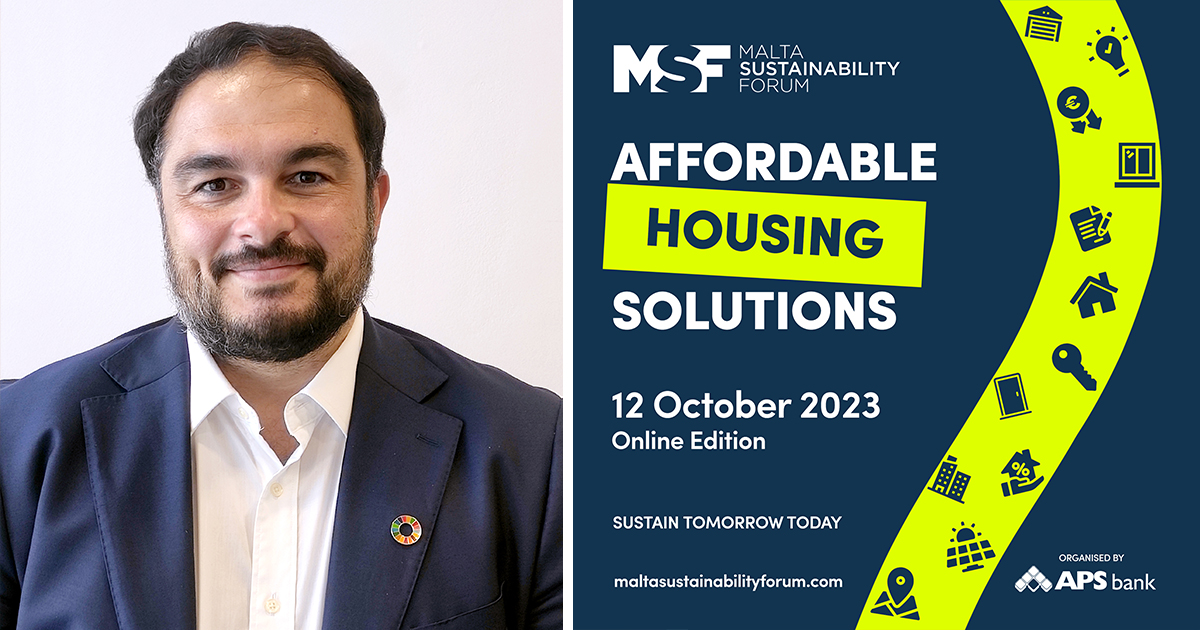Affordable housing is not just about a place to call home; it stands at the crossroads of social equity, economic stability, and sustainable development. In a world contending with numerous challenges, the need for affordable housing is paramount, particularly to achieve the Sustainable Development Goals (SDGs).
What are the SDGs?
The Sustainable Development Goals (SDGs) are a set of 17 global goals adopted by all United Nations Member States in 2015 having replaced the Millennium Development Goals (MDGs). SDGs provide a shared blueprint for peace and prosperity for people and the planet, to be achieved by 2030. The SDGs address various challenges, including poverty, inequality, climate change, environmental degradation, peace, and justice. Each goal has specific targets, and achieving them requires collaboration and action from governments, businesses, civil society, and individuals worldwide. The aim is to create a more sustainable, equitable, and prosperous future for all.What is the link between affordable housing and the SDGs?
Housing contributes to the implementation of all 17 SDGs, however, it is intricately tied to SDG 11: Sustainable Cities and Communities. Goal 11 aims to make cities inclusive, safe, resilient, and sustainable by focusing on various aspects, including housing, transportation, and environmental impact. Affordable housing directly contributes to achieving Goal 11 by ensuring that communities have access to decent and affordable living spaces. When housing is affordable, individuals and families can allocate their financial resources to other essential needs such as education, healthcare, and sustainable consumption.What are the socioeconomic benefits of affordable housing?
Accessible and affordable housing fosters economic stability and growth. It enhances workforce productivity by reducing commuting time and expenses. A publication issued by Habitat for Humanity (Housing and the Sustainable Development Goals – The transformational impact of housing, 2021) states that the housing sector boosts economic growth by creating construction jobs and increasing demand for materials and services. Adequate housing also enhances economic prospects by facilitating home-based businesses and allowing households more time for productive activities, aligning with several SDGs, including Goal 8: Decent Work and Economic Growth.
How does affordable housing alleviate poverty and inequality?
Affordable housing plays a pivotal role in addressing Goal 1: No Poverty and Goal 10: Reduced Inequalities. A booklet by Habitat for Humanity, titled ‘Housing ensures sustainable development’ (2021), highlights how the process of housing improvement is often a ladder out of poverty for families and how inequalities in housing reflect inequalities in broader social and economic systems. This also links to Goal 3: Good Health and Well-being, as adequate housing is an important factor in physical and mental health and well-being.How does environmental sustainability fit into all of this?
According to World Green Building Council, buildings are currently responsible for 39% of global energy related carbon emissions: 28% from operational emissions, from energy needed to heat, cool and power them, and the remaining 11% from materials and construction. Therefore, having affordable housing designed with sustainability in mind can help reduce these emissions and, contribute to achieving Goal 13: Climate Action and Goal 7: Affordable and Clean Energy. Sustainable housing reduces energy consumption, minimises waste, and incorporates renewable energy solutions. These practices not only benefit the environment but also promote sustainable living. As highlighted during ‘The 9th Global Affordable Housing Conference’, organised by the World Bank Group, ‘To make a significant, and lasting impact in addressing the affordable housing gap, we must look for innovative ways to build and finance resilient, green affordable housing.’What is Malta's housing landscape?
Malta, with its limited land availability and a growing population, faces unique challenges concerning housing. The demand for affordable housing is high, and as property prices increase, access to decent and affordable homes becomes increasingly difficult. An example clearly illustrated in The Malta Property Landscape Report - April 2023 edition, details how a two-adult household with two income earners on the minimum wage have a maximum affordable house price of around €145,000 - equivalent to only 55.8% of the average property price. The report also states that there have been efforts to improve the affordability of housing in Malta, however, it remains a significant challenge for many residents.Affordable housing is a key player in achieving the Sustainable Development Goals globally and specifically in Malta. It addresses poverty, supports economic growth, promotes environmental sustainability, and enhances social equity. To create a better future for all, it is imperative that affordable housing remains a top priority on the global agenda. Malta, like many other nations, must invest as well as develop strategies and policies that prioritise accessible and affordable housing to drive progress towards a sustainable and equitable society. By prioritising affordable housing, Malta can pave the way for a brighter, more sustainable future for its citizens while contributing to the global goal of sustainable development.
Matthew Swain, Senior ESG Manager, APS Bank plc.

